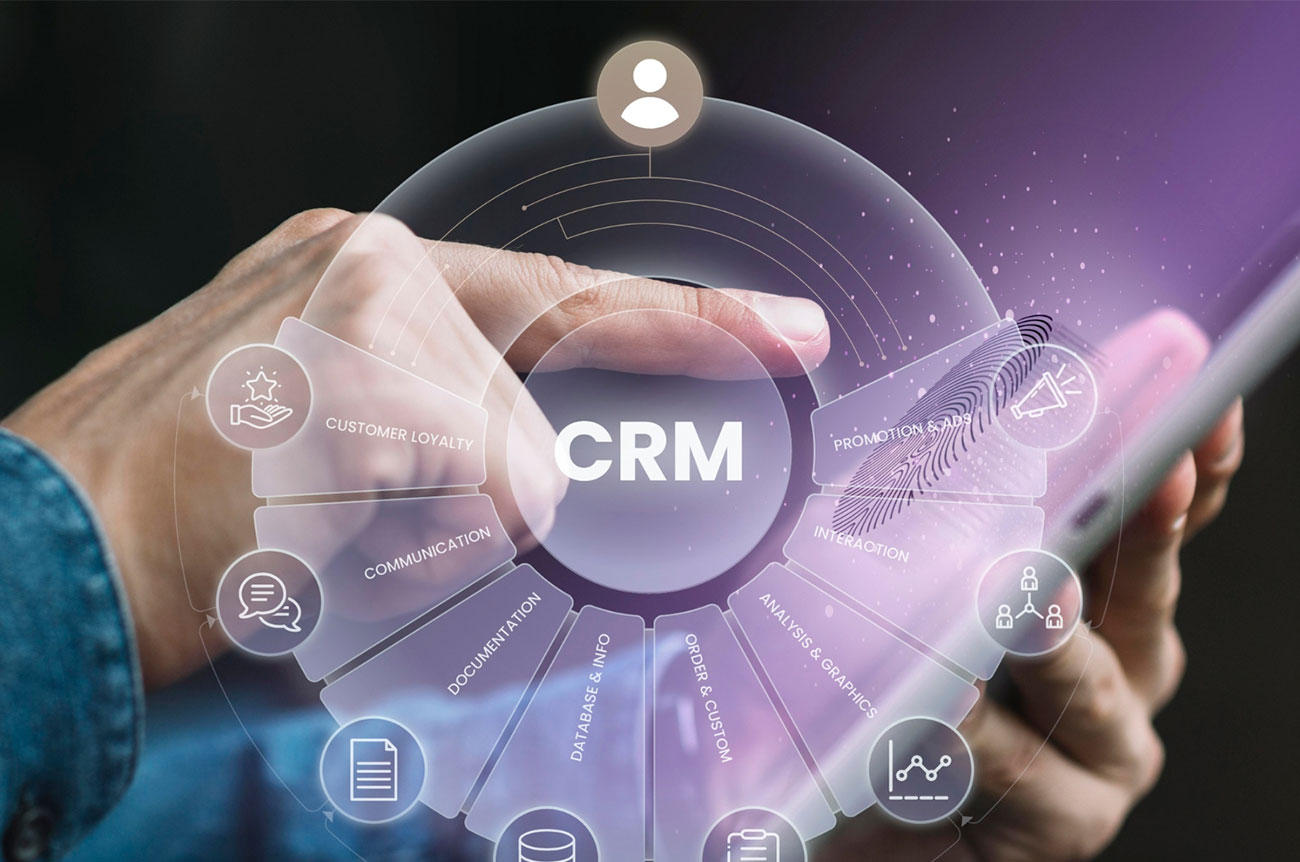
Posted On October 12, 2024
Revenue Cycle Management (RCM) Solutions: Streamlining Healthcare Billing Processes
Introduction to Revenue Cycle Management (RCM)
Revenue Cycle Management (RCM) is a crucial process in the healthcare sector that manages the financial aspects of patient care. It encompasses everything from scheduling and registration to billing and collections. Effective RCM ensures that healthcare providers can efficiently capture revenue, reduce errors, and maintain financial stability.
Key Components of Effective RCM Systems
-
Patient Registration and Scheduling: Accurate data collection at the initial point of contact.
-
Coding and Charge Capture: Correctly translating medical services into billable codes.
-
Claims Management: Submitting claims to insurers and following up on their status.
-
Billing and Collections: Generating bills for patients and managing payment collections.
-
Reporting and Analytics: Analyzing financial data to improve processes and performance.
The Role of Technology in RCM Solutions
Technology plays a vital role in modern RCM solutions. Advanced software automates many aspects of the revenue cycle, reducing manual errors and speeding up processes. Features like electronic claims submission, automated reminders, and real-time data analytics help healthcare providers streamline billing and enhance efficiency.
Benefits of Streamlining Healthcare Billing Processes
-
Increased Accuracy: Automated systems reduce human error in coding and billing.
-
Faster Payments: Efficient processes lead to quicker reimbursement from insurers.
-
Enhanced Patient Satisfaction: Clear and accurate billing improves the patient experience.
-
Cost Savings: Reduced administrative costs and fewer claim denials save money.

Challenges in Implementing RCM Solutions
Implementing RCM solutions can present challenges, such as:
-
Initial Costs: Investment in new technology and training can be significant.
-
Integration Issues: New systems must integrate seamlessly with existing healthcare technologies.
-
Staff Training: Personnel need proper training to adapt to new processes and tools.
-
Compliance: Ensuring that RCM systems comply with regulations and standards can be complex.
Best Practices for Optimising Revenue Cycle Management
How RCM Solutions Improve Patient Experience
RCM solutions can significantly enhance the patient experience by simplifying the billing process. Clear and accurate billing statements reduce confusion and stress for patients. Automated systems can also speed up the processing of claims and payments, leading to quicker resolution of financial issues. Furthermore, RCM solutions can provide patients with easy access to their financial information and payment options, making the overall experience more transparent and user-friendly.
Cost Implications of RCM Solutions
Investing in RCM solutions involves upfront costs, including software, training, and implementation. However, the long-term benefits often outweigh these initial expenses. Efficient RCM systems reduce billing errors and administrative costs, leading to better financial management. They also improve cash flow by speeding up claim approvals and payments, ultimately saving your practice money in the long run.
Integrating RCM with Electronic Health Records (EHR)
Integrating RCM with EHR systems is crucial for maximizing efficiency. This integration ensures that billing information is accurate and up-to-date, as it pulls data directly from patient records. It helps in reducing manual entry errors and streamlining the claims process. With integrated systems, healthcare providers can manage billing and clinical data more effectively, leading to better overall performance.
Case Studies: Successful RCM Implementation
Several healthcare providers have successfully implemented RCM solutions to streamline their billing processes. For instance, a large hospital network adopted an RCM system that integrated with their existing EHR. This led to a 30% reduction in billing errors and a 20% increase in revenue recovery. Another clinic improved its claims processing speed by 40% through RCM automation, resulting in enhanced cash flow and reduced administrative workload.
Conclusion
Streamlining healthcare billing processes through effective RCM solutions enhances accuracy, accelerates payments, and improves patient satisfaction. While there are challenges in implementing these solutions, the benefits far outweigh the difficulties. Embracing modern RCM technology can lead to a more efficient and financially stable healthcare environment.
For more insights into how RCM solutions can transform your healthcare billing processes, visit smartData
